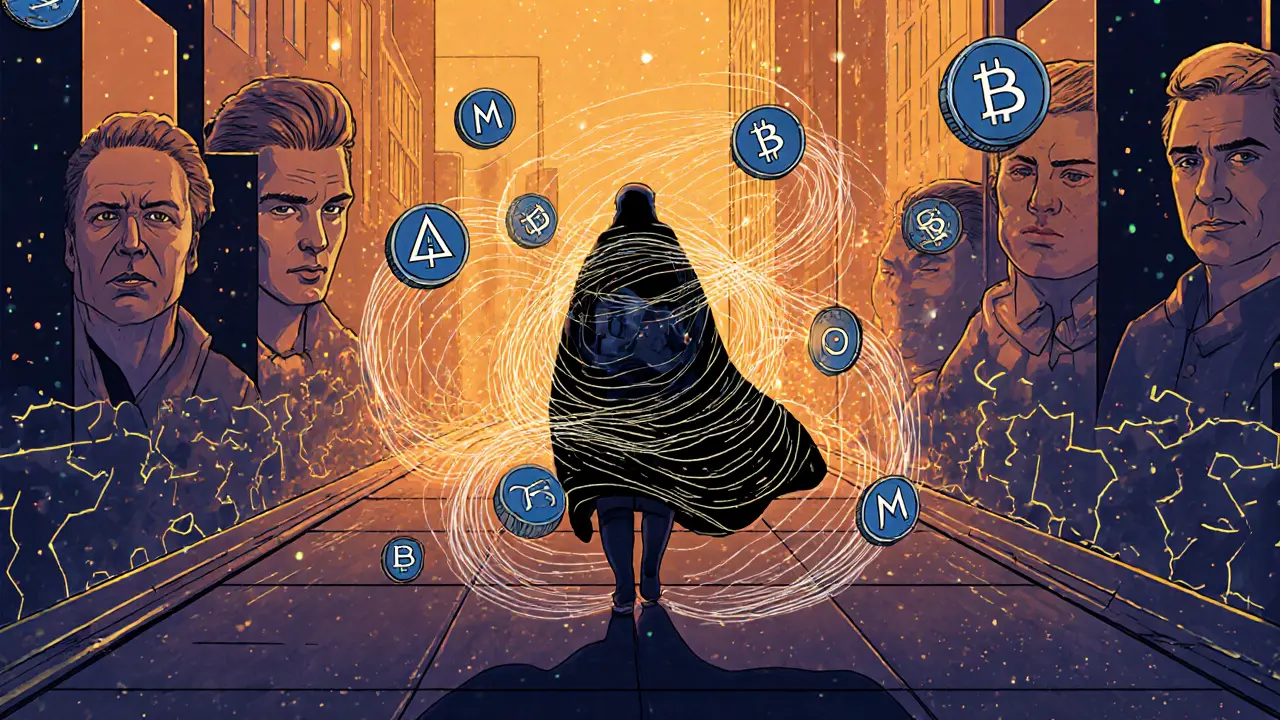Anonymous Crypto: What It Really Means and How It Works
When people talk about anonymous crypto, digital currencies designed to obscure transaction details and protect user identity on the blockchain. Also known as privacy-focused cryptocurrencies, it's not magic—it's code, cryptography, and deliberate design choices that make tracking payments harder or impossible. Most crypto looks like a public ledger: anyone can see how much went where. But anonymous crypto, a category of blockchain assets built to break that transparency. Also known as privacy coins, it flips the script by hiding sender, receiver, and amount—sometimes all at once. This isn’t about hiding illegal activity; it’s about basic financial privacy. Just like you don’t want strangers reading your bank statements, why should your crypto transactions be open to anyone with a block explorer?
Real anonymous crypto relies on advanced tech like zero-knowledge proofs, ring signatures, or confidential transactions. Projects like Monero and Zcash pioneered this, but newer chains are building it in too. You’ll find these features in decentralized exchanges, platforms that let users trade crypto without handing over personal data or KYC info. Also known as DEXs, they’re often the only way to trade privacy coins without revealing your identity. That’s why Iranian traders use DEXs to bypass sanctions, or why users in restricted regions turn to anonymous crypto to move value without government oversight. It’s not theoretical—it’s happening right now, in places where financial freedom is under pressure.
But here’s the catch: not every coin claiming to be anonymous actually is. Some just rename their token and call it privacy. Others have zero trading volume, no active development, and are just scams dressed up with buzzwords. That’s why posts on GLAVX dig into real projects—like Autobahn Network (TXL), which looks like a Layer 2 solution but has near-zero activity—or expose fake airdrops like BAKECOIN that trick people into connecting wallets. You’ll find guides on how to spot the real ones, how to use them safely, and why some exchanges like Bybit block users trying to access them via VPN. This isn’t just about tech—it’s about survival in a world where every transaction is watched.
What you’ll find below are no-fluff breakdowns of actual anonymous crypto tools, real privacy risks, and how to protect your digital footprint without falling for scams. No hype. No promises. Just what works, what doesn’t, and why it matters.
